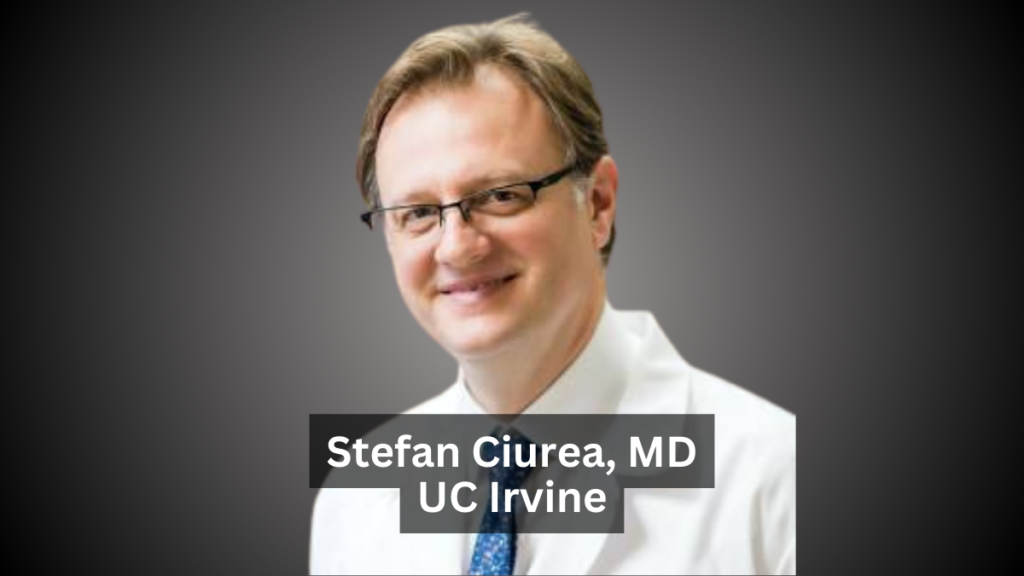In 2024, CAR T-cell therapy continues to transform the landscape of treatment for hematologic malignancies, including multiple myeloma and various forms of lymphoma. Dr. Stefan Ciurea’s comprehensive discussion at a recent medical conference highlighted the significant strides made in this innovative treatment modality, underscoring its potential and challenges. This article delves into the updates, studies, and clinical experiences shared by Dr. Ciurea, offering a detailed view for physicians engaged in the field.
[69 SLIDES with VIDEO] 2024 CAR-T-cell Hematology Updates – Stefan Ciurea, MD – MOASC
Advancements in CAR T-cell Therapy for Multiple Myeloma
Recent trials have showcased the efficacy of CAR T-cell therapy in treating relapsed and refractory multiple myeloma. The randomized trial of IDA-cell versus standard regimen marked a notable improvement in treatment outcomes, demonstrating a one-year progression-free survival (PFS) of 55% compared to 30% in the control arm. Another study focusing on SILTA-cell therapy for lenalidomide-refractory multiple myeloma patients revealed similarly promising results, with an 84.6% overall response rate (ORR) and significant improvement in median PFS. These studies confirm the role of CAR T-cell therapy as a potent option for patients with heavily pretreated multiple myeloma, offering hope for better disease management.
CAR T-cell Therapy’s Impact on Lymphoma Treatment
The effectiveness of CAR T-cell therapy extends to the treatment of lymphomas, as evidenced by the long-term data from the ZUMA-1 study on axicabtagene ciloleucel (Axi-cel) in refractory large B-cell lymphoma. With an ORR of 83% and significant survival benefits, CAR T-cell therapy presents a powerful treatment alternative. Furthermore, the exploration of new targets, such as GPRC5D, highlights the ongoing innovation and potential for broader application in lymphoma treatment.
Addressing Side Effects: CRS and Neurotoxicity
As with any potent therapy, CAR T-cell treatment comes with its share of challenges, particularly concerning cytokine release syndrome (CRS) and neurotoxicity. Identifying predictors of these side effects and implementing strategies for their management are crucial for optimizing patient outcomes. Studies and clinical experiences shared by Dr. Ciurea emphasize the importance of careful patient selection and monitoring to mitigate these risks.
Expanding the Horizon: Secondary CNS Lymphoma and T-cell ALL/Lymphoblastic Lymphoma
Dr. Ciurea’s discussion also touched on the potential of CAR T-cell therapy in treating secondary CNS lymphoma and T-cell acute lymphoblastic leukemia/lymphoblastic lymphoma (T-ALL/LBL), indicating its expanding therapeutic reach. Ongoing research and clinical trials continue to explore the efficacy and safety of CAR T-cells in these and other challenging conditions, promising further advancements in the field.
Clinical Decision-making and Future Directions
Comparative studies, such as those evaluating CAR T-cell therapy against autologous stem cell transplants, offer valuable insights into treatment sequencing and patient selection. The nuanced understanding of when and for whom CAR T-cell therapy is most appropriate will be pivotal in fully realizing its therapeutic potential.
As we look to the future, the continued evolution of CAR T-cell therapy in 2024 and beyond holds significant promise for transforming cancer treatment. The insights provided by Dr. Stefan Ciurea underscore the importance of ongoing research, collaboration, and clinical innovation in harnessing the full potential of this groundbreaking approach to combating hematologic malignancies.

